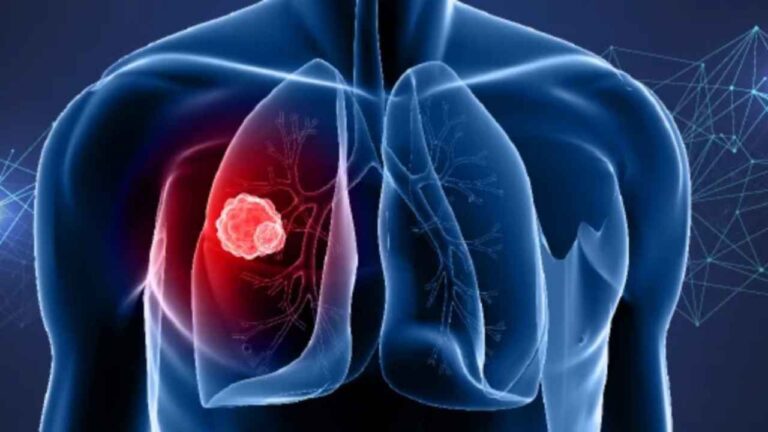A study published in the Journal of the American College of Cardiology discovered a connection between moderate alcohol consumption and a long-term reduction in the brain’s stress activity. This astonishing discovery has an essential impact of alcohol on heart disease risk.
Identifying Drinking Habits and Heart Health
Cardiologist Ahmed Tawakol and his group did an investigation the relationship between alcohol consumption and cardiovascular disease. They conducted a thorough analysis of the drinking habits of over 50,000 individuals enrolled in the Mass General Brigham Biobank.
Moderate Alcohol Consumption and Heart Disease Risk
The research suggests that consuming one drink per day for women. And one to two drinks per day for men will lower the risk of heart disease. Participants who consumed one to 14 drinks per week were found to be less likely to experience heart attacks or strokes.
Individuals who intake one alcoholic drink per day, as opposed to those who consumed less than one drink per week, experienced a significant reduction in the risk of heart disease.
Exploring the Effects on Brain Activity
The researchers observed the effects of alcohol consumption on brain activity. They carried out brain imaging on 754 individuals. In addition to investigating the effect of alcohol on resting and stress-related neural network activities. Researchers studied participants who had previously undergone imaging.
The Role of Stress Signaling in the Brain
Brain imaging research revealed amazing facts on the effects of alcohol on stress signaling. Individuals who consumed alcohol at the modern level showed less stress signaling in the amygdala. This is a key brain region associated with stress responses. The discoveries revealed that light to moderate alcohol consumption may assist in a reduction in the brain’s stress activity. Leading to a lower risk of heart disease.
Identifying Benefits and Risks
This study shows the benefit of consuming moderate alcohol in reducing stress. Lead author Ahmed Tawakol stresses that the study does not endorse alcohol consumption to reduce the risk of heart attacks or strokes.
Any amount of alcohol consumption raises the risk of cancer. Stressing the vitality of identifying alternative stress reduction methods.







